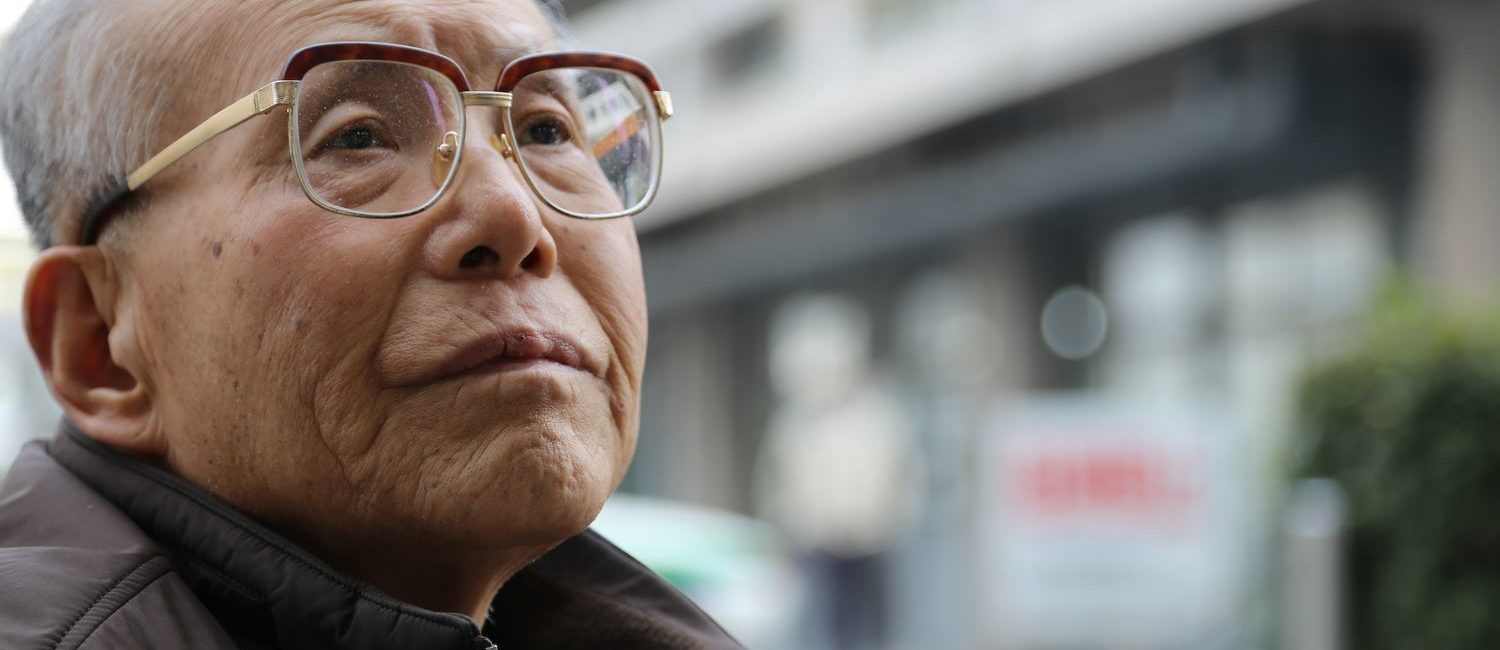
By John Black
It’s a story too few people know about.
When the atomic bomb exploded over Hiroshima, Japan, on August 6, 1945, among the estimated 140,000 casualties that day were 12 American prisoners of war, held since July 28 at the Hiroshima Military Police Headquarters after being shot down during a bombing raid.
For decades, the families didn’t know what happened to their loved ones only that they were “missing in action”. It wasn’t until the 1970s that the US Government revealed any official information about those 12 Americans, but not the whole story of what happened to them.
That story was being written thousands of miles away by Shigeaki Mori, a hibakusha (A-bomb survivor) living in Hiroshima who devoted 35 years of his life trying to pull together the threads out of which their story could be woven. And it wasn’t until director Barry Frechette, a relative of one of the 12, took a crew to Japan to make a documentary called Paper Lanterns, that Americans could discover the truth.
“When I looked at a photo of my Uncle Norman from that time, all I saw was a 19-year-old kid far, far away from home who was just in the wrong place at the wrong time,” Frechette said in an interview with Color Magazine. “He was part of this exclusive club – and I don’t mean that in a nice way – and looking at him I felt such a wave of empathy for what the families of these men went through. I knew it was a story I wanted to find out more about and then try to tell it on film.”
Fenchette’s investigations soon lead him learn about Mr. Mori and his dedication to gathering information about the 12 Americans, but it wasn’t until he made the trip to Hiroshima to meet the man that the threads of the tale started weaving together. “When I walked into his living room I saw on the table photos of the 12 airman. He pointed them out and told me all about them – where they were from, if they were married, who their relatives were. He knew it all.”
Of course, the question of just why an elderly Japanese man would devote so much time and energy to a project like this comes to mind and the answer, according to Frenchette, is a simple one. “He’s a really good guy and I think he truly felt sorry for the families who weren’t getting the kind of closure they needed regarding the men who died,” he said. “You have to remember that the events of August 6, 1945 are not just historical footnotes to the people of Hiroshima: They lived through it. It’s imprinted in who they are. They never want to see it happen again.”
Paper Lantern will be shown at the Museum of Fine Arts on Oct. 19 at 7 PM in a screening sponsored by the MFA and Japan Society of Boston, made possible by the support of the US-Japan Foundation & Toshiba International Foundation. For tickets click HERE. The film will also be shown on Oct. 28 as part of the Arlington International Film Festival. For tickets click HERE.
Director Barry Frenchette will be appearing at both screenings for an audience Q&A.


